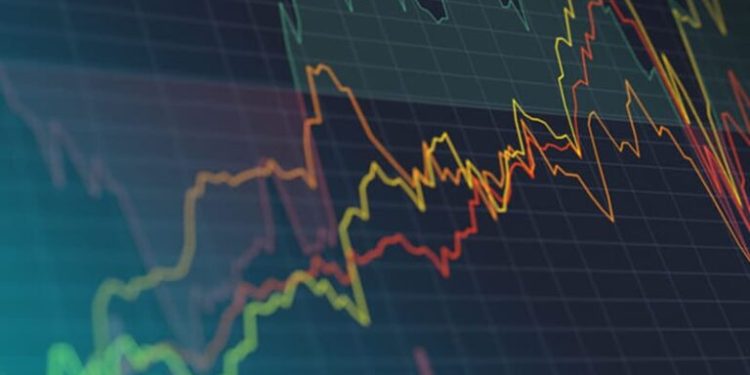Dive into the riveting world of supply and demand, where invisible hands manipulate the market, and money seemingly develops a mind of its own. Welcome to the gateway of the fascinating universe of economics, a discipline that illuminates every aspect of our lives, from the cost of our morning coffee to the impact of global events on our local stores. This is your trailhead to navigating the economic labyrinth, designed to simplify concepts, demystify jargon, and build a sturdy foundation for your understanding. Welcome, brave explorer, to the Basics of Economics: A Beginner’s Guide, where we make the complex world of economics as easy as buying apples at your local grocery store. So stack up your intellectual inventory, because the business of learning about the economy is about to boom!
The world of economics is often seen as complex and intimidating. This perception is conjured by terms like supply, demand, capitalism, and socialism, which while familiar to some, remain a mystery to many. However, with a touch of curiosity and willingness to learn, the basics of economics can be quite approachable. This journey of understanding begins with unleashing the power of two key principles: supply and demand.
The Law of Supply and Demand is the lifeblood of economic theory, stating that under competitive market situations, the price of any specific goods will adjust to balance supply and demand. In simpler terms, if the demand for a product increases, it’s price will increase, incentivizing businesses to produce more of it. On the contrary, if the supply exceeds demand, prices decrease, prompting manufacturers to limit production. Mastering these principles can go a long way in deciphering the intricate workings of global economics.
Economic systems are the next cog in the wheel of understanding economics. They are the means by which societies determine and organize the distribution of goods and services. While there are innumerable economic systems across the globe, here we’ll unpack the two most common systems: capitalism and socialism.
- Capitalism thrives on private property and accumulation of wealth. In this system, businesses are privately owned, and competition drives innovation and efficiency.
- Socialism, on the other hand, emphasizes collective ownership and the equitable distribution of resources. In a socialist economy, large industries are usually state-controlled, with the aim of preventing exploitation and promoting social welfare.
An understanding of these systems is progressive rather than absolute, evolving with new experiences and deeper insights.
Last but not least, economics is not confined to textbooks or national policies, its principles are at work in our everyday lives. Whether you’re budgeting for a vacation, investing in stocks, or deciding whether to buy a coffee machine or continue with your daily coffee shop visits, you’re applying economic principles. Recognizing these practical applications will not only make your daily decisions easier but also make this subject more relatable and less daunting.
As we draw the curtains on our economic odyssey, always remember that economics, at its heart, isn’t purely about numbers, graphs, or complex equations. Rather, it’s a narrative of human behaviour, ambitions, needs and the intricate ballet of supply and demand. The concepts we’ve charted in this beginners guide may seem simple, but they form the foundation of a discipline that rules our daily existence.
Next time you buy your coffee, ponder the intricate web of economic events that made it possible – from the farmer growing the beans, the interplay of supply and demand, a nation’s trade policies, to your personal income and spending habits. It’s truly a worldly storyteller, an enigmatic puppeteer – it’s the science of economics. Support your journey with curiosity and engagement, and you’ll uncover a multifaceted world where money tells not just a story of wealth, but one of humanity. We hope our guide illuminated some of these enigmas for you, and that it inspires you to continue exploring economics’ expansive universe. Remember, every economist started with these very basics.






